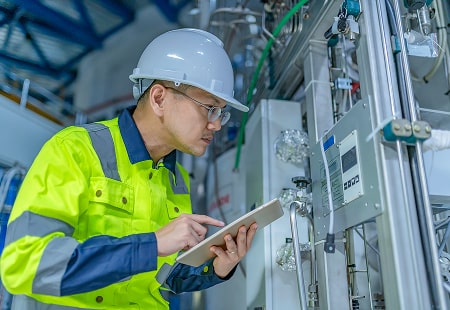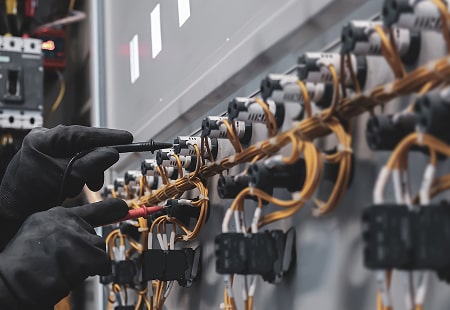Sed ut perspiciatis unde omnis iste natus error sit voluptatem accusantium doloremque laudantium, totam rem aperiam, eaque ipsa quae ab illo inventore veritatis et quasi architecto beatae vitae dicta sunt explicabo. Nemo enim ipsam voluptatem quia voluptas sit aspernatur aut odit aut fugit, sed quia consequuntur magni
“Our skilled professionals are dedicated to delivering top-quality results using advanced tools and industry best practices.” Aaliyah Brown
Climate change remains one of the most significant threats, with rising global temperatures, melting ice caps, and increasingly frequent extreme weather events disrupting ecosystems and affecting biodiversity. This phenomenon also poses serious risks to food and water security. Meanwhile, habitat loss continues to be a major concern, as urban expansion, deforestation, and agricultural activities degrade natural habitats, leading to declines in wildlife populations and the fragmentation of ecosystems. Pollution further exacerbates these issues, with industrial processes, plastic waste, and chemical contaminants polluting air, water, and soil, thereby affecting the health of all living organisms.


We informed our client of the type of lights she preferred before beginning the installation of the landscape lighting. There are three basic forms of landscape lighting, and each has a unique installation process: Solar landscape lights, Low voltage landscape lights, Line voltage landscape lights.
Working on Solar landscape lights
Photovoltaic cells that are charged during the day power solar landscape lighting. They are the easiest to install because they don’t need any wiring. To completely charge, they need six to eight hours of direct sunlight each day.
So, we see that there are basically 3 types of landscape light setup:
Stay connected with Etico for more insights, updates, and actionable steps you can take to contribute to a sustainable future. Together, we can make a significant impact and safeguard the planet for future generations.


